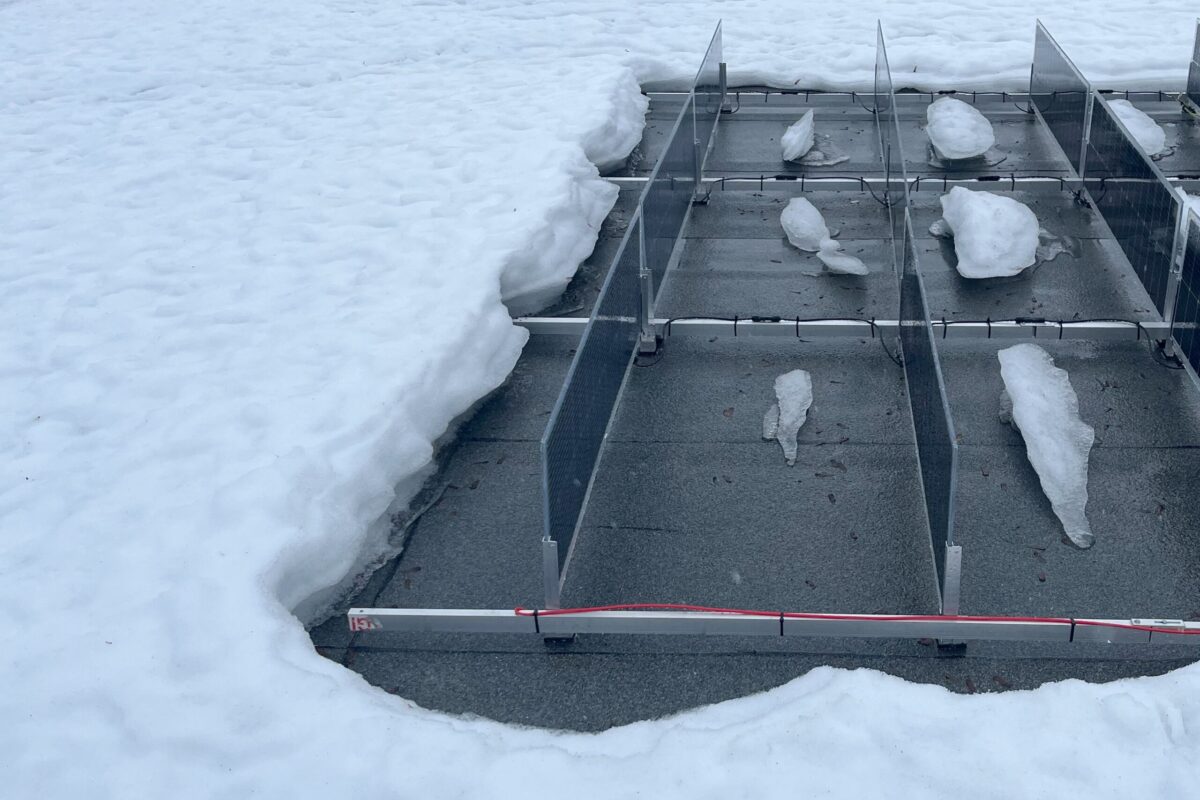A group of scientists have been awarded GBP 3 million ($3.7 million) to investigate potential manufacturing opportunities for perovskite solar modules in South Africa, Kenya, Rwanda, and Nigeria.
The group aims to encourage sustainable indigenous manufacturing for the solar sector in low- and middle-income countries. The Resilient Renewable Energy Access Through Community-Driven Holistic Development in Perovskite Solar Module Manufacturing (REACH-PSM) consortium is led by the UK’s University of Swansea.
Kenya’s Strathmore University and Egerton University are also part of the group, as is Nigeria’s Federal University of Technology Owerri. South Africa’s University of Cape Town, North-West University, and University of KwaZulu-Natal round out the academic part of the consortium.
Several renewable energy companies are lending their expertise to the operation. These are Kenya-based Kijani Testing, SLS Energy in Rwanda, and Nigeria’s Hinkley Recycling.
The commercial and academic partners will work together to create business models and establish a full-scale demonstration of next-generation solar manufacturing in Africa, where energy poverty is high, and resources are low.
Despite the continent’s struggle to keep up with expensive renewable energy technologies, the project leaders at REACH-PSM believe it has potential to host perovskite manufacturing facilities which could supply local areas with perovskite solar cells. The emerging perovskite technology is lower cost when it comes to manufacturing solar cells and it also uses less energy.
According to Matthew Davies, Principal Investigator of REACH-PSM, the establishment of a new manufacturing process means it can be designed for a circular economy from the outset.
“A key element of the project will be to develop efficient end-of-life treatment to minimize waste, and maximize the circular flow of materials through reuse, refurbishment, and recycling of solar modules.”
Davies added the consortium’s work would help to empower local communities and strengthen supply chains. It builds on other projects Swansea University has created around next-generation solar development in low-income nations, such as TEA@SUNRISE, which focuses on PV manufacturing in Africa, Asia, and the Indo-Pacific and is funded by the UK government
REACH-PSM is funded by the UK Research and Innovation’s Ayrton Challenge Program. Davies currently holds the position of UNESCO Chair of Sustainable Technologies, which coordinates the development of next-generation printable technologies.
This content is protected by copyright and may not be reused. If you want to cooperate with us and would like to reuse some of our content, please contact: editors@pv-magazine.com.




By submitting this form you agree to pv magazine using your data for the purposes of publishing your comment.
Your personal data will only be disclosed or otherwise transmitted to third parties for the purposes of spam filtering or if this is necessary for technical maintenance of the website. Any other transfer to third parties will not take place unless this is justified on the basis of applicable data protection regulations or if pv magazine is legally obliged to do so.
You may revoke this consent at any time with effect for the future, in which case your personal data will be deleted immediately. Otherwise, your data will be deleted if pv magazine has processed your request or the purpose of data storage is fulfilled.
Further information on data privacy can be found in our Data Protection Policy.